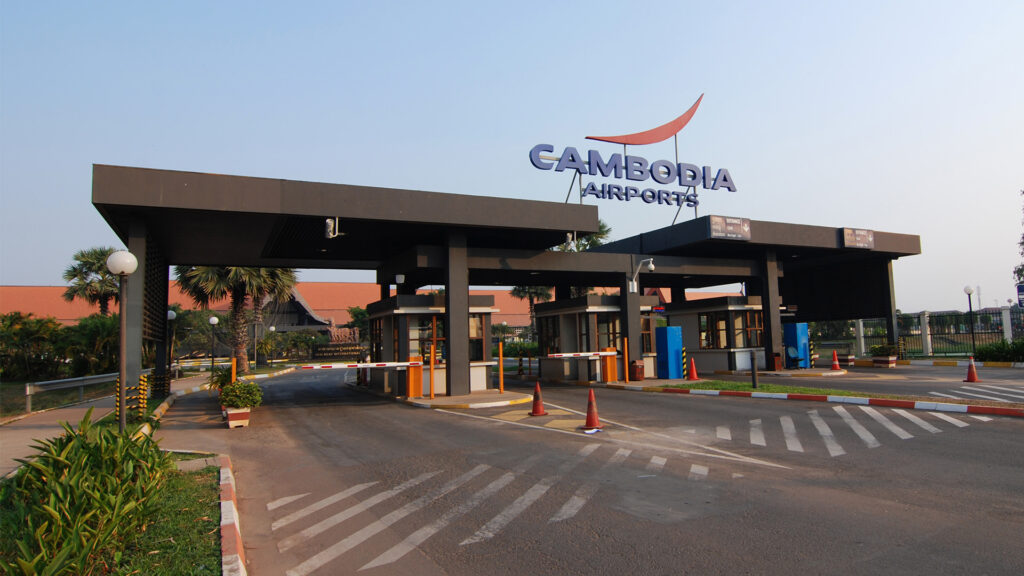
Monarch Airlines: English Court rejects slot allocation claim, November 2017
In the fall-out from the failure of Monarch Airlines in the UK, the English High Court was tasked with determining what entitlement Monarch might have to reallocation of airport slots based on historical precedence, i.e. its usage of the same slots during the previous season.
The entitlement to such “grandfather rights” in the context of slot allocation is familiar and uncontroversial. However, the point raised for the court in this case was a novel one because Monarch was placed in administration on 2 October 2017, has had its air operator certificate provisionally suspended, no longer has any aircraft at its disposal and is to all intents and purposes no longer a functioning airline.
It is understood that the purpose for seeking reallocation of the slots was to enable the company in administration to take advantage of the UK’s secondary market in airport slots to recoup a very substantial selling price in slot trades with other airlines. Slot pairs at constrained airports at attractive times of day can change hands for many millions of pounds and so one can readily appreciate why the company considered it worthwhile exploring before the court whether legally it could force reallocation of slots to it so as to give a very substantial boost to the assets available in the administration.
The High Court issued an outline judgment on 9 November with detailed reasons to follow. Monarch’s case (brought against Airport Coordination Limited (ACL) – the entity responsible for slot allocation at certain UK airports) has been rejected. The Court has held that Monarch does not meet the requirements of the relevant regulations – EC Regulation 95/93 (relating to slot allocation and airport slot coordination) and EC Regulation 1008/2008 which deals, amongst other matters, with the granting of operating licences to airlines – and that reallocation of slots to Monarch would not meet the purpose of that regulatory regime. As such Monarch’s claim that ACL was under a duty to reallocate slots to it for the Summer 2018 season has been rejected.
Commentary
The Court’s decision is not altogether surprising, albeit the detailed written reasons are still awaited. In regulatory terms, the fundamental principle is that slots are allocated to and can only be held by air carriers which hold a valid operating licence. If an airline ceases to hold a valid operating licence, its slots go back to the slot pool administered by ACL to be reallocated to other airlines. The expectation would be that, as Monarch is no longer functioning as an airline and its licensing has been suspended, it could no longer hold onto its slots or have slots allocated to it (absent an indication that the airline would once more become a going concern). One assumes the case for Monarch included arguments that its licensing remained valid, albeit suspended, such that it remained entitled to have slots allocated to it under historic precedence principles. This particular issue has not come before the English court previously and it is understandable that the administrators wished to explore it, given the potential price which Monarch’s slots could have commanded.
Nevertheless, a judgment in favour of Monarch would have been surprising as it would effectively be a decision that slots can be allocated to an airline which is not currently permitted to operate, and in the clear knowledge that the slots will not be utilised but are being allocated purely so that they can be sold on. The concept of airport slots is an odd one legally – they are not assets as such and are merely licences to use landing/departure times at an airport; yet, airlines which validly hold slots – whilst they do not pay to get them from ACL – can sell them on, at least in the UK (not every country takes the same view). Whilst it is not at all uncommon for slot trading in the UK to be structured such that one airline secures reallocation to it of summer and/or winter season slots in order that those can then be the subject of an agreed slot trade, allocating slots to a non-functioning airline for the purpose of sale takes matters a stage further and beyond what the regulatory framework permits. It appears that is the view the English court has also taken.
Download a PDF version of ‘Monarch Airlines: English Court rejects slot allocation claim, November 2017’











